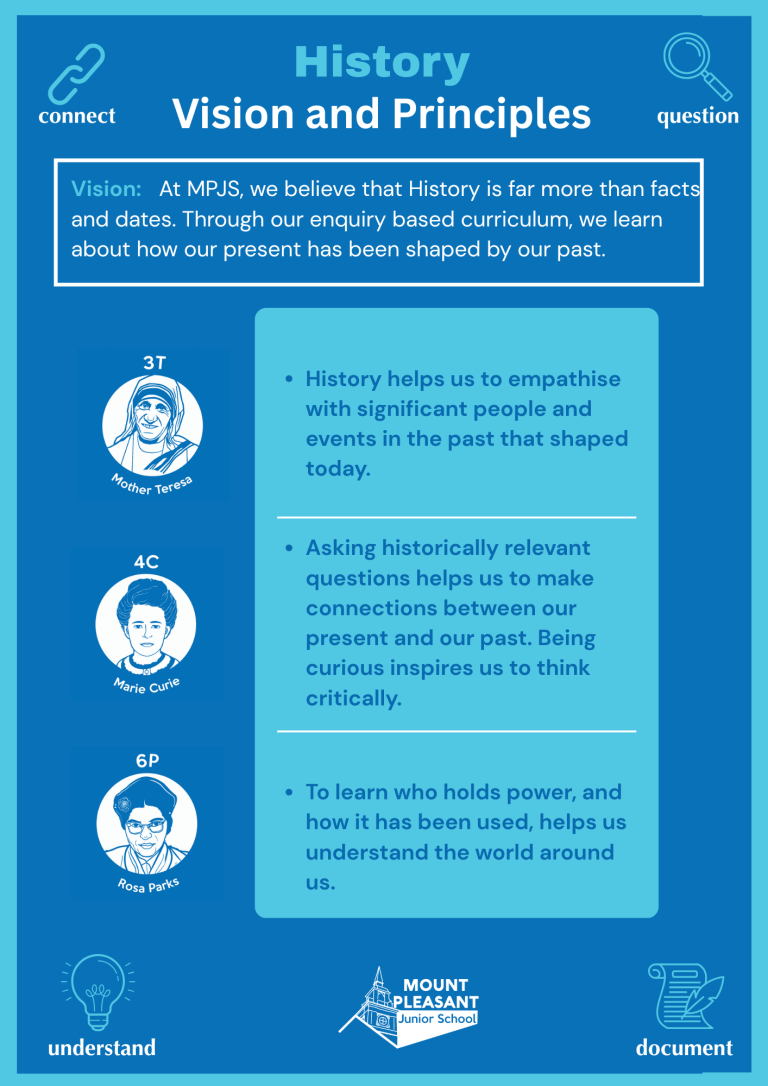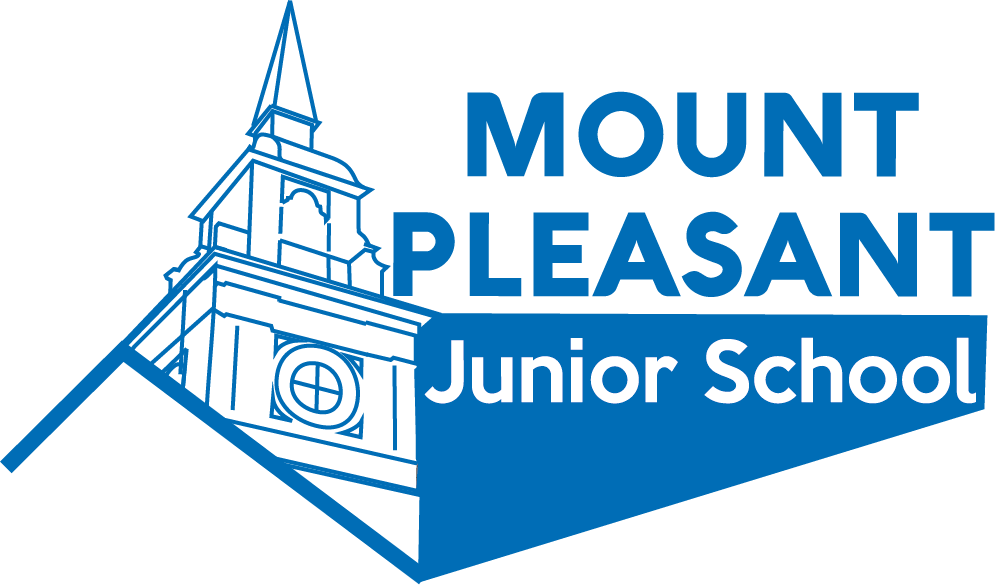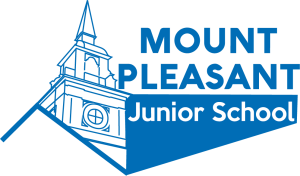History

History at Mount Pleasant Junior School
What is unique about studying history?
History is far more than facts and dates. Through the study of the past, we learn about how the world has been shaped, both here and abroad, through historically significant periods, which may last a few hours, as in the sinking of the Titanic, or span hundreds of years, such as the Roman occupation of Britain.
Historical enquiry allows for understanding and exploration of causation and consequence, as well as chances to compare similarities and differences critically. By also considering change and continuity, we are able to make connections, draw contrasts, analyse change, and frame historically – valid questions. Within history, we come to understand the use of evidence and the rigorous process that surrounds historical evidence. It enables us to understand how contrasting arguments can exist.
What is the purpose of the study of history?
A high-quality history education will help pupils gain a coherent knowledge and understanding of Britain’s past and that of the wider world. It should inspire pupils’ curiosity to know more about the past. Teaching should equip pupils to ask perceptive questions, think critically, weigh evidence, sift arguments, and develop perspective and judgement. History helps pupils to understand the complexity of people’s lives, the process of change, the diversity of societies and relationships between different groups, as well as their own identity and the challenges of their time.
What does the study of history look like at MPJS?
At MPJS, we enable our children to become skilled historians through an enquiry- based curriculum that utilises our historically- rich city. Worthwhile enrichment opportunities act as a launch-pad for learning, with visits to the local area (such as Sea City Museum), as well as further afield (for example, Fishbourne Palace and Hampton Court).
Within our curriculum, children have opportunities to be immersed in historical learning through carefully sequenced, cumulative and robust learning questions, which both build on prior knowledge and deepen understanding of historical concepts. This immersion, followed by opportunities to deepen and revisit, allow children to develop a strong understanding of historical language and subject-specific vocabulary, as well as to know more and remember more. Learning is couched in dialogue which encourages rich discussion and analysis of key themes to establish a deep understanding of social, political and religious fields of study. Key themes of society, civilisation, legacy, governance (changing power) and monarchy underpin substantive knowledge and run parallel with historical concepts of change and continuity, causation and consequence, similarity & difference and historical significance. Children are able to apply their knowledge and skills to create written narrative and analyses, referencing primary and secondary sources.
Each learning question and year group builds on the historical learning journey of the previous years, both in chronology and in the development of historical skills and processes, so that our children are ready for KS3 and beyond.

